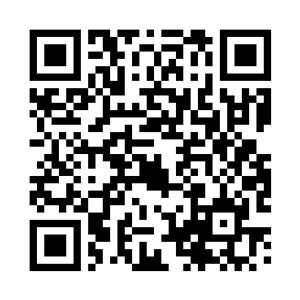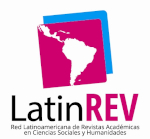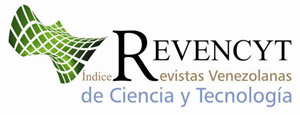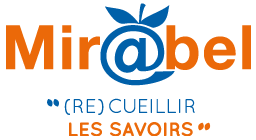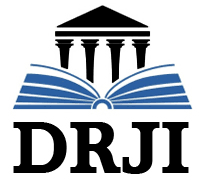Use of ICTs in the social, cultural and economic context of the venezuelan educational system
Keywords:
accessibility, connectivity, inequality, internet, multimodality, accessibility, connectivity, inequality, internet, multimodalityAbstract
The post-pandemic period marks a transcendental step in an education where ICTs as part of multimodal systems will be the main mediator of the educational process. The development of these tools in Venezuela gained momentum at the beginning of the 21st century thanks to investment and institutional support, however, its consolidation is subject to social, political, economic, cultural, scientific, and technological factors. The analysis reveals that despite the fact that at first a significant growth of ICTs was observed due to government support, the economic and political crisis that occurred since 2013 reduced investment, creating a lag in telecommunications, which mainly affects connectivity, likewise there is a digital divide in the Venezuelan population that prevents them from having access to high-speed Internet connections and the acquisition of state-of-the-art technology equipment, however, given the need to create a multimodal platform that allows improving educational inclusion, through the use of technological tools, requires the state to seek investment alternatives, through alliances with the private sector to improve technological infrastructure and connectivity that is accessible to the majority of the population.
Downloads
References
Bracho, F. (2017). Sociedad de la Información y Políticas de TIC en Venezuela. Telos 19(2). 308-330. Http://ojs.urbe.edu/index.php/telos/article/view/158/140
Correa, J. M., & Pablos, J. D. (2009). Nuevas tecnologías e innovación educativa. Revista de Psicodidáctica, 14(1), 133-145.
Cuenca, A., Sifontes, Y., Contreras, M., & Garófalo, M. R. (2021, January). Oportunidades para la docencia en nutrición no presencial en Venezuela. In Anales Venezolanos de Nutrición 34(1).
Flores, F. A. I., Sanchez, D. L. C., Urbina, R. O. E., Coral, M. Á. V., Medrano, S. E. V., & Gonzales, D. G. E. (2022). Inteligencia artificial en educación: una revisión de la literatura en revistas científicas internacionales. Apuntes Universitarios, 12(1), 353-372.
Lugo, M. (2010). Las políticas tic en la educación de américa latina. Tendencias y experiencias. Revista Fuentes. https://idus.us.es/handle/11441/32395
Maldonado Berea, G. A., García González, J., & Sampedro Requena, B. E. (2019). El efecto de las TIC y redes sociales en estudiantes universitarios. RIED. Revista Iberoamericana de Educación a Distancia.
Mejía Salazar, G. (2020). La aplicación de las TIC en los procesos de enseñanza-aprendizaje en estudiantes de nivel medio superior en Tepic, Nayarit. RIDE. Revista Iberoamericana para la Investigación y el Desarrollo Educativo, 11(21).
Moya-López, M. (2013). De las TICs a las TACs: la importancia de crear contenidos educativos digitales. DIM: Didáctica, Innovación y Multimedia, (27), 1-15.
Molina, J. (2018). Las implicaciones de la Brecha Digital para los países en desarrollo: Caso Venezuela Sapienza Organizacional, 5(9). Enero-Junio, pp. 105-128 Universidad de los Andes Venezuela. http://www.redalyc.org/articulo.oa?id=55305657000
Muñoz, D. J. (2020). Educación virtual en pandemia: una perspectiva desde la Venezuela actual. Revista EDUCARE-UPEL-IPB-Segunda Nueva Etapa 2.0, 24(3), 387-404.
Sousa Ferreira, R., Campanari Xavier, R. A., & Rodrigues Ancioto, A. S. (2021). La realidad virtual como herramienta para la educación básica y profesional. Revista Científica General José María Córdova, 19(33), 223-241.
Zamar, M. D. G., & Segura, E. A. (2020). La Realidad Aumentada como recurso creativo en la educación: Una revisión global. Creatividad y sociedad. Revista de la Asociación para la Creatividad, (32), 164-190.
Published
How to Cite
Issue
Section
License
Copyright (c) 2024 Olga Sofia Camacaro Mendoza, Duilio Gilberto Torres Rodríguez

This work is licensed under a Creative Commons Attribution-NonCommercial-ShareAlike 4.0 International License.





